We cannot change what happened yesterday. But we can try hard to make tomorrow look different.
Angelina Martinez-Rivera
The Elisha Project (EP) is a story birthed more than 30 years ago, and for me – long before I was thought of. For the first few years of the project, I tried to tell the EP story while concealing the core of its inspiration. Perhaps it was due to my pride, shame, or naivete.
Understanding that most try to stay away from long narratives, I promise you that I will be as guarding of your time as I am with the deliveries we prepare each day.
On a brisk March morning, life as I knew it changed. Everyone has a story to tell, and mine is no better or worse than the next person’s, but this one is mine. A knock on my door requested that we accompany the person on a 20-minute taxi ride to my mother’s residence in Brooklyn. My brother and I were estranged and lived with my grandmother. I was 15 years of age at the time. The year was 1985.
The memories of that day in Bushwick are forever etched in my experience. I am unsure of what was said to me by the policemen as I floated out of the car and bounded into the building I once lived in on the third floor with my mother, two brothers, two sisters, and stepfather.
As I climbed the stairs past many strange people, I completely forgot how much I loathed the decrepit building and its offensive smell. What I saw stopped me in my tracks and is something 38 years later I remember every time I see them again. My two sisters and two female cousins were coming down the stairs, daisy-chained together in their unkempt hair and stained pajamas. They were just babies. My eleven-year-old sister was the eldest. They were so happy to see me. They smiled. And called my name. I was the eldest, after all.
As we exchanged kisses, tears rolled down my face like a downpour. My recent attempts to enter the apartment were rebuffed on my mother’s instructions. I had not laid eyes on them in a while. They did not look well. What I assumed was the NYC Bureau of Child Welfare kept them moving as I made my way up the stairs.
On the next landing was my mother. She, too, was happy to see me. She wore that goose-down red coat that I despised (because it had no goose feathers and my classmates made jokes about it), a blue bandana, worn carpenter jeans, and a scuffed pair of brown wallabies. This was her usual uniform.
This woman I adored, that gave me life…that had loved me…was being led in iron handcuffs by strange men in plain clothes down our stairs.
She called me by my name, “Pupi!”
The look on her face expressed such sadness, relief, joy, and exhaustion simultaneously. But none mirrored the feeling of pure anger I felt in my soul. As she leaned in to kiss me, I instinctively pulled back and away. She shouted, “I love you,” as I ran up the stairs.
I would never see her alive again.
There are no adequate words to describe what I found in that apartment. My youngest brother of seven years lost his life that day. As a result of my mother’s negligence, some say, human frailty, say others – we all lost a brother and a mother, and much more.
He was a typical 7-year-old boy and the love of my life.
She was a loving mother who fell on hard times and had no one there to lend a hand and knock on her door to check on her. There was no network. There was no local non-profit or church. There was no assistance—just a young woman with too much and too little for too long.
To the data collectors, she was a statistic, as were we. To me, she was the embodiment of a cruel world that ate up those not strong enough and not protected enough to fight back. An Atheist friend in California once told me we were victims of natural selection. I’m afraid I have to disagree. We were the seeds of something greater than us.
In my anger that day, I vowed to do something about all of this one day. Now the route to doing something has been filled with many detours through the military, school, corporate America, and even theological training, but here we are…defeating the odds – STILL!!!

